Regenerative medicine of tissues and organs (RegMedTO)
Vision & mission
Our vision is to innovate patient care through scientific excellence, to contribute to improving societal health. We believe that key to this is the interaction between - and mutual inspiration by - clinical and basic scientists. We adapt and combine (stem) cell technologies, gene editing strategies, and biomaterials for direct transfer to patients, or for creating models of patient tissues to understand the underlying mechanisms of human disease and identify new therapies for precision or even personalized medicine. This will advance Regenerative Medicine in tissue and organ repair. Input from disciplines like ethics, law, health economy, among others, will ensure proper implementation of future applications. We aim to stimulate original and collaborative thinking, leading to better therapeutic approaches, grant proposals, publications, visibility, and overall output.
“Our strong profile in human pluripotent stem cell research and excellent track record in clinical translation makes LUMC the perfect place to deliver a new generation of medicine to patients.”
About us
Niels Geijsen 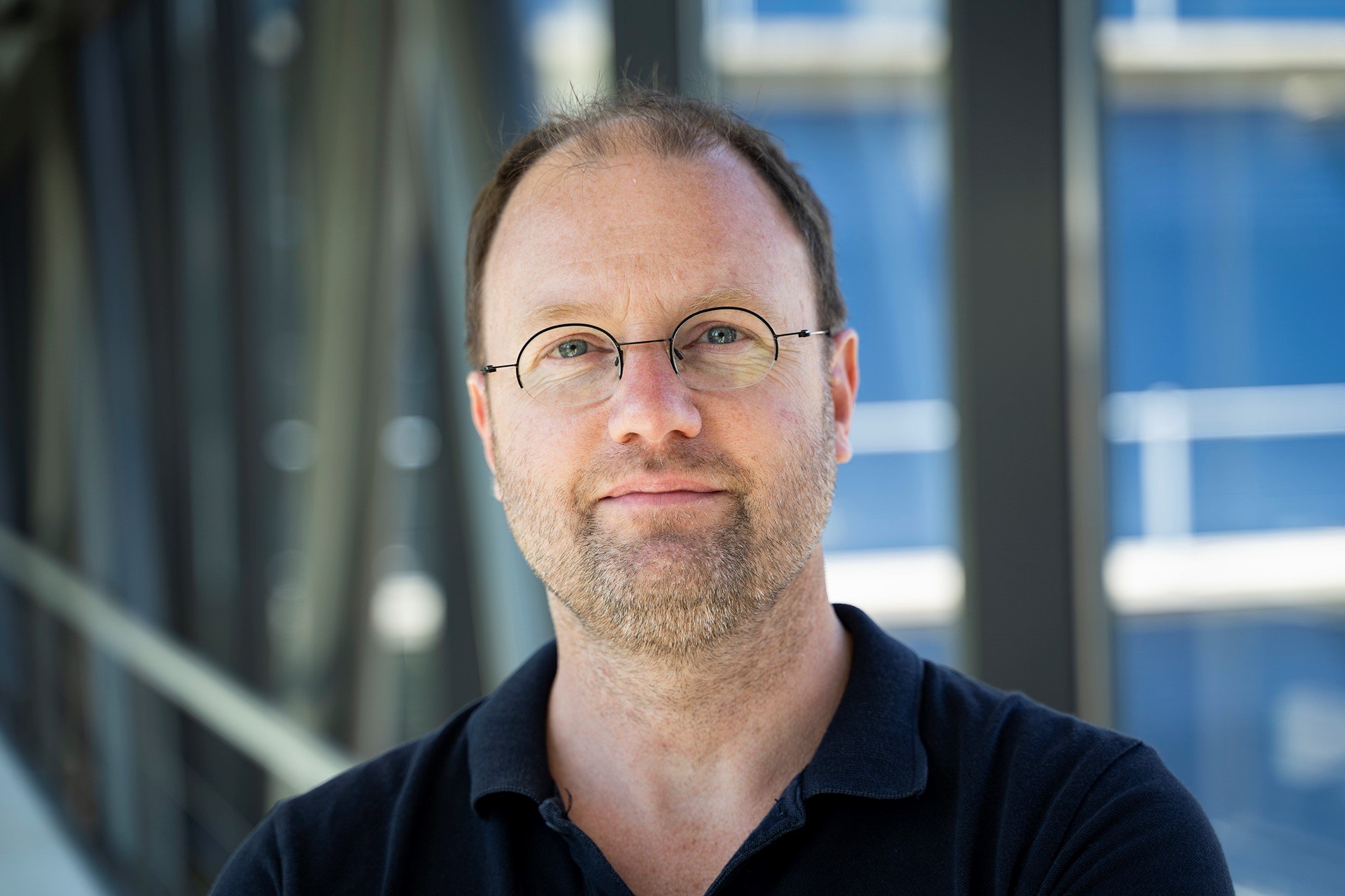
Niels Geijsen received his PhD in Molecular Biology from Utrecht University, the Netherlands. In 2004, he started his research lab at the Massachusetts General Hospital/Harvard Medical School and became principal faculty member of the Harvard Stem Cell Institute, focusing on pluripotent stem cell biology and gene modification. His work lay the foundation for his work on modeling human genetic disorders. In 2010, he moved his lab to the Hubrecht Institute, and in 2020, became chair of the Department of Anatomy & Embryology at the Leiden University Medical Center.
Geijsen’s research focuses on the development of new technologies to understand human skeletal muscle development, homeostasis and regeneration, particularly in the context of genetic muscle disorders such as Duchenne Muscular Dystrophy (DMD) and Facioscapulohumeral dystrophy (FSHD). His team has developed novel delivery strategies for introduction of gene editing systems into target cells and has shown how this technology can be applied to deliver recombinant CRISPR/Cas ribonucleoprotein complexes in vitro in a wide variety of target cells. His team has a strong focus on developing new gene editing strategies for the efficient and specific repair of disease-causing mutations and will present new methods for the efficient application of gene editing systems in vivo.
Click here for profile Niels Geijsen
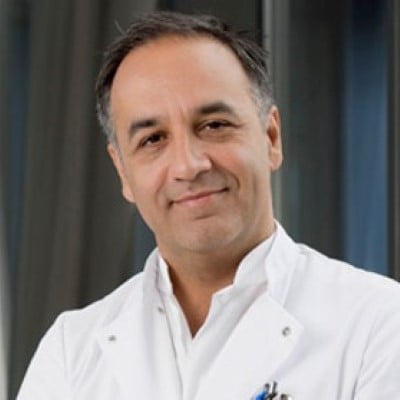
Ian Alwayn
(subtheme lead Transplantation)
Ian Alwayn is Professor of Surgery, in particular Transplant Surgery. He is also Head of the Transplant Surgery sub-department of the LUMC and chairman of the management team of the LUMC Transplantation Center (webpage of the Transplantation Center). He has received grants for his research from, among others, the Netherlands Organization for Scientific Research (VENI), Canadian Institution of Health Research, Canadian Foundation for Innovation, Nova Scotia Health Research Foundation and the Dutch Kidney Foundation.
Click here for profile Ian Alwayn.
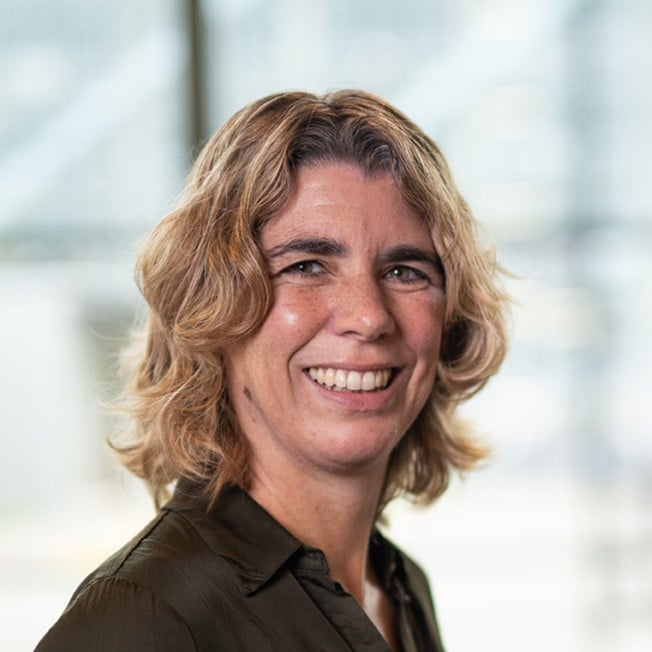
Françoise Carlotti
(subtheme lead Regenerative Medicine)
Françoise Carlotti is Associate Professor and Head of the Islet Research lab. She coordinates fundamental and pre-clinical research to develop novel preventive and regenerative therapeutic strategies for diabetes, with a focus on pancreatic beta-cells. As principal investigator (PI), she obtained research funding among others from JDRF, the Dutch Diabetes Research Foundation, DON foundation, and the European Foundation for the Study of Diabetes. She is a PI in the Dutch initiative RegMed XB, and in the H2020 European consortia ISLET and ESPACE and an Associate Investigator in reNEW, the Novo Nordisk Foundation for stem cell medicine.
Sub themes
Research within the RegMedTO innovation theme is divided into three subthemes: Regenerative medicine, Disease modeling, and Transplantation.
Collaborations
Related research facilities
Opportunities
Magazine: RegMed Reads
Contact
Email: RegMedTheme@lumc.nl
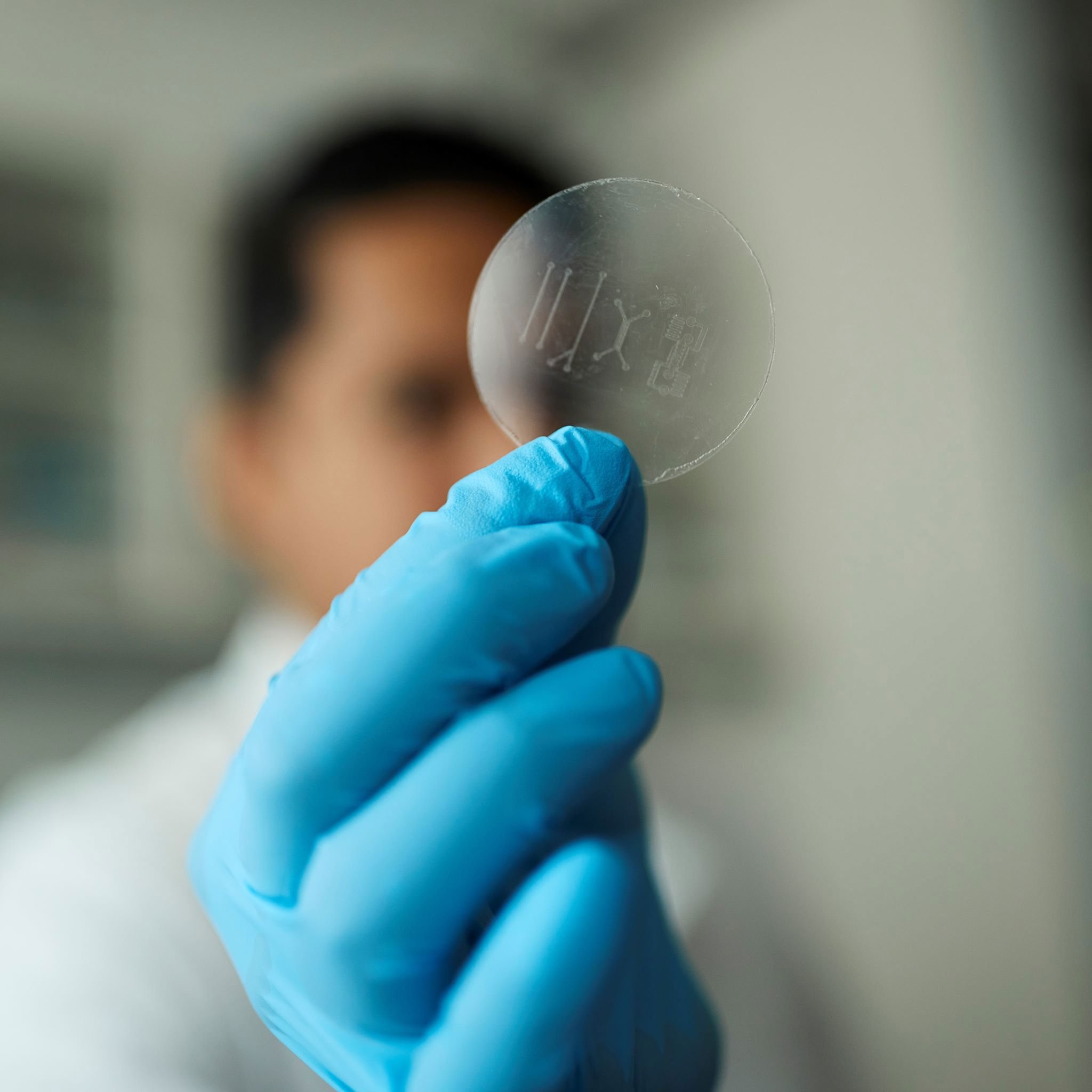&width=2048)
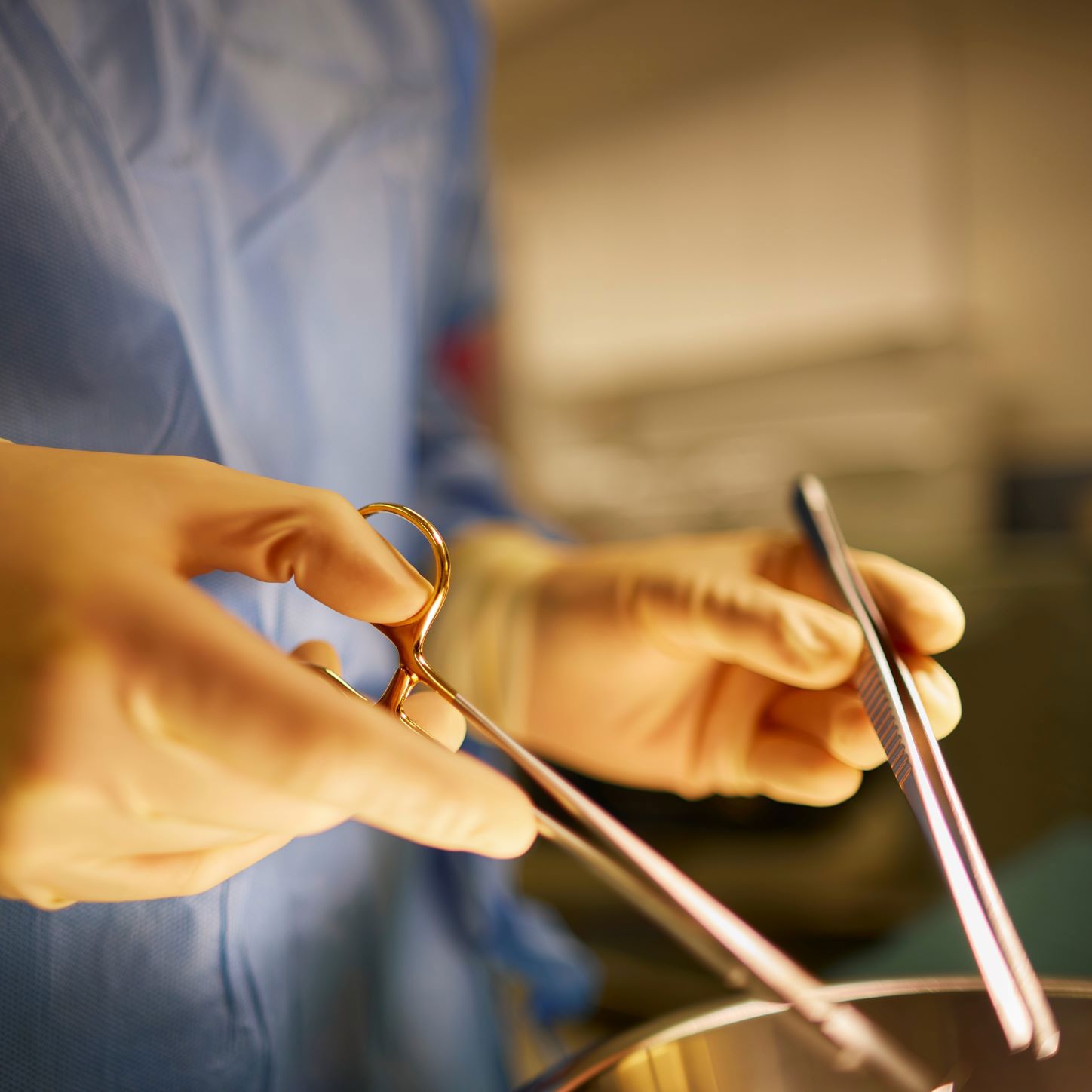&width=1448)
&width=1448)